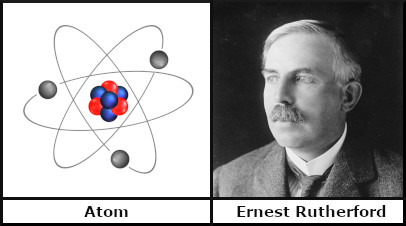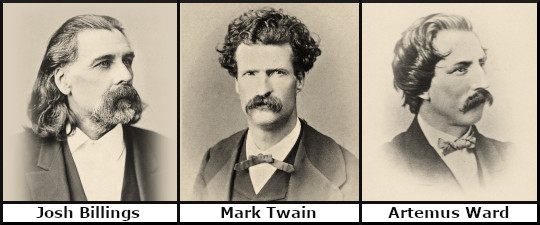Mark Twain? Josh Billings? Artemus Ward? Kin Hubbard? Will Rogers? Edwin Howard Armstrong? Anonymous?
Question for Quote Investigator: The Oscar-winning 2015 film “The Big Short” begins with a display of the following statement:
It ain’t what you don’t know that gets you into trouble. It’s what you know for sure that just ain’t so.
The brilliant humorist Mark Twain receives credit, but I have been unable to find a solid citation. This quip is very popular. Would you please investigate?
Reply from Quote Investigator: Scholars at the Center for Mark Twain Studies of Elmira College have found no substantive evidence supporting the ascription to Mark Twain.1
The observation has been attributed to several other prominent humorists including: Josh Billings (pseudonym of Henry Wheeler Shaw), Artemus Ward (pseudonym of Charles Farrar Browne), Kin Hubbard (pen name of Frank McKinney Hubbard), and Will Rogers. Yet, it is unlikely then any of them said it. The creator remains anonymous based on current evidence.
The saying is difficult to trace because it falls within an evolving family of remarks concerning faulty knowledge and memory. Three processes operate on members of the family to generate new members and ascriptions incrementally:
- Statements are rephrased over time.
- Statements are hybridized together to produce new statements.
- Attributions are shifted from one prominent humorist to another.
The family contains some comments with genuine ascriptions. For example, in 1874 a compendium of wit and humor from Josh Billings was published. The work employed dialectal spelling which causes headaches for modern researchers who are attempting to find matches using standard spelling. The following pertinent item appeared in a section labeled “Affurisms”, i.e., “Aphorisms”. Emphasis added to excerpts by QI:2
I honestly beleave it iz better tew know nothing than two know what ain’t so.
Here is the statement written with standard spelling:
I honestly believe it is better to know nothing than to know what ain’t so.
This remark partially matched the saying under investigation, and it acted as a seed in the evolving family of remarks.
Here are additional selected citations in chronological order.
Continue reading “Quote Origin: It Ain’t What You Don’t Know That Gets You Into Trouble. It’s What You Know for Sure That Just Ain’t So”








